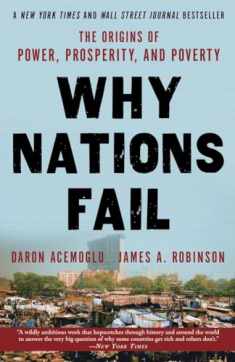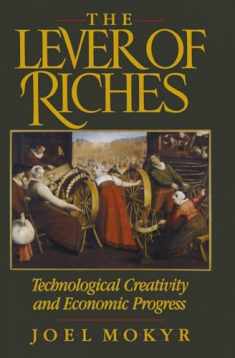
A Farewell to Alms: A Brief Economic History of the World (The Princeton Economic History of the Western World, 27)
Book details
Summary
Description
Why are some parts of the world so rich and others so poor? Why did the Industrial Revolution--and the unprecedented economic growth that came with it--occur in eighteenth-century England, and not at some other time, or in some other place? Why didn't industrialization make the whole world rich--and why did it make large parts of the world even poorer? In A Farewell to Alms, Gregory Clark tackles these profound questions and suggests a new and provocative way in which culture--not exploitation, geography, or resources--explains the wealth, and the poverty, of nations.
Countering the prevailing theory that the Industrial Revolution was sparked by the sudden development of stable political, legal, and economic institutions in seventeenth-century Europe, Clark shows that such institutions existed long before industrialization. He argues instead that these institutions gradually led to deep cultural changes by encouraging people to abandon hunter-gatherer instincts-violence, impatience, and economy of effort-and adopt economic habits-hard work, rationality, and education.
The problem, Clark says, is that only societies that have long histories of settlement and security seem to develop the cultural characteristics and effective workforces that enable economic growth. For the many societies that have not enjoyed long periods of stability, industrialization has not been a blessing. Clark also dissects the notion, championed by Jared Diamond in Guns, Germs, and Steel, that natural endowments such as geography account for differences in the wealth of nations.
A brilliant and sobering challenge to the idea that poor societies can be economically developed through outside intervention, A Farewell to Alms may change the way global economic history is understood.


We would LOVE it if you could help us and other readers by reviewing the book
Book review





